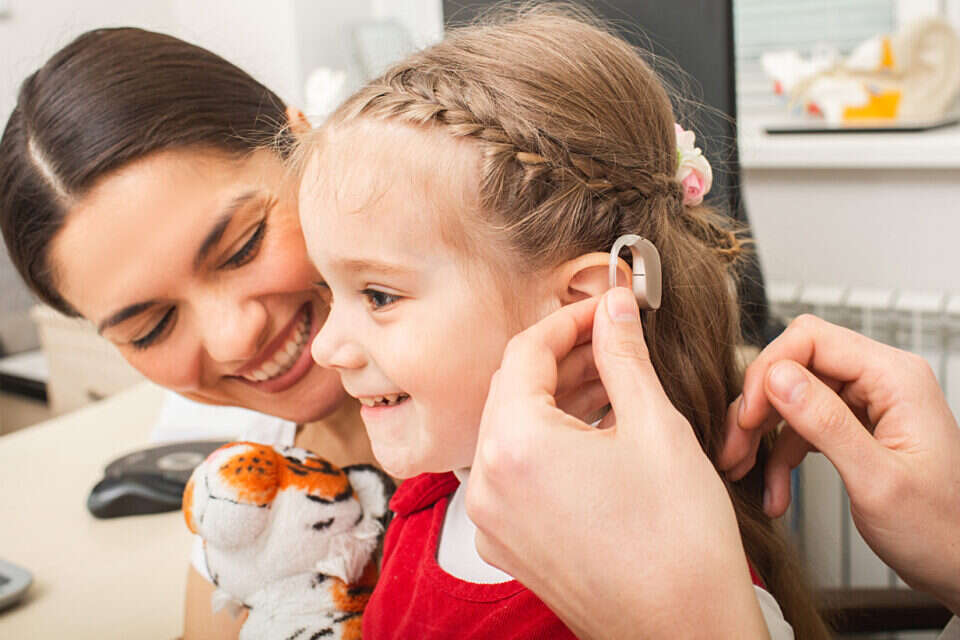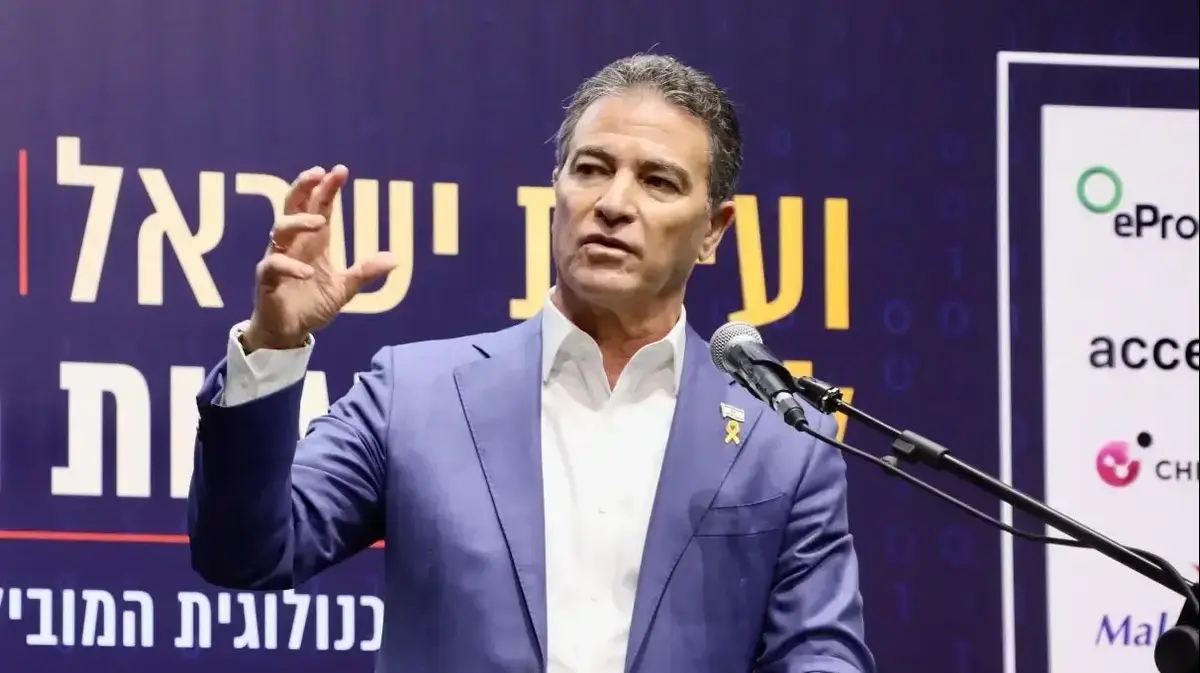International Hearing Day is a day that affects each of us even if we are not aware of it.
In fact, hearing loss is the second most common health problem in the world, right after blood pressure.
Hearing loss starts as early as the age of 30 but affects the hearing of high frequencies that do not affect the understanding of the language and therefore is often not noticed.
By the time we reach the age of 60, a third of the population will have hearing loss, so how does it affect all of us anyway?
Hearing loss worsens with age and exposure to noise
As family members and spouses who experience the high volume on the television in the living room, the need to repeat our words over and over again.
Hearing loss worsens with age and with exposure to noise, so nowadays with the spread of wireless headphones, more and more young people enter the circle earlier than before.
The main treatment for hearing loss is a hearing aid that amplifies the sound digitally.
It is true that hearing aids have a reputation related to old age and disability, but this trend is changing thanks to two main trends.
One is the insight reached by doctors and researchers in the last decade, and that is that untreated hearing loss increases the chance of dementia (a disease such as Alzheimer's).
Imagine the brain as a muscle that if not used becomes weaker, a person whose hearing has decreased will communicate less at family meals, avoid social gatherings and deteriorate in health.
Almost the only thing that can be done as prevention in old age is to wear hearing aids.
The second reason that prejudices about hearing aids are changing is the innovation surrounding them.
Accessible and well-designed hearing aids
We have concentrated most of the innovation around hearing aids in order to disprove what you thought about them until today.
First in terms of appearance, as glasses used to be an object of ridicule (they used to call them Abu-Arba in slang) and today they have become a design clothing item.
Finally, the trend of wireless headphones, which most young people wear, has made the image of an electronic item in the ear a common sight.
Hearing aids have shrunk twice over the years and some of them can be fitted completely inside the ear canal and are practically invisible.
The charger of these devices is portable and designed as a box for headphones, and the small batteries can be changed once a week.
Suitable for users who have difficulty with actions that require fine motor skills.
The device allows a full day of use with a charge that lasts 3 hours, is waterproof and comes in a variety of colors.
The devices can be used as a headset for phone calls through Bluetooth connectivity.
Sounds obvious, but until recently users had to wear an additional device around their neck that would enable connectivity.
The future: an artificial intelligence system that enables advanced hearing
The most exciting technological breakthroughs come from the field of artificial intelligence.
In the near future, there will no longer be an obligation to go to a hearing institute.
The device will reach the house, and the direction of the device will be done independently without the need for a communication therapist.
The voice and sound processors in the device work automatically and highlight the sound that the listener is interested in listening to in a multi-speaker environment, in a crowd or with background noise such as in a restaurant.
An artificial intelligence and machine learning system that offers each scenario two amplification options and asks the user what he prefers, learns the user and what to offer him automatically.
Improving language understanding in noisy environments such as restaurants and weather with strong winds, the device allows the cancellation of noises caused by touching the device intentionally or by mistake, for example when moving your hand to arrange your hair.
The development of the device and the research about it are carried out in jet engine wind tunnels.
The artificial intelligence enables hearing at a stable level over various conversation intensities and sounds.
That is, to increase the sound only as much as necessary and not to the same extent in every situation, which causes the sounds to be sometimes unpleasant and too loud.
Hearing problems // Photo illustration: Getty Images //,
Technologies of position and acceleration sensors, if the user is sitting, the device will be able to direct the focus to the interlocutor according to his position in space.
A tap on the earpiece will activate the device or answer the phone.
Another innovation is real-time language translation during the conversation.
By activating the hearing aid application from the mobile phone, if your conversation speaks to the mobile microphone in a foreign language to your ears through the hearing aid, the translation into your language will arrive immediately.
The highlight in the world of hearing rehabilitation is the cochlear implant reserved for those who cannot be helped by hearing aids because the understanding of language has been deeply damaged.
Today there is a solution for them in the form of implanting an internal device under the skin to which a relatively smaller external device is connected than before by means of a magnet which allows for the restoration of hearing.
So, if you suspect that you or one of your loved ones is part of the majority with hearing loss, apply for a quick diagnostic test, after which you can check how much you benefit from a device by receiving a device for a trial period of at least a month and a half that everyone deserves, another innovation in the health basket in Israel.
Dr. Yona Weisbuch is an AAG Maccabi Health Services-Haifa specialist, an ear and skull base surgeon, deputy director of the Rambam AAG department, director of a school for innovation in medicine at Biodisin Israel
were we wrong
We will fix it!
If you found an error in the article, we would appreciate it if you shared it with us









